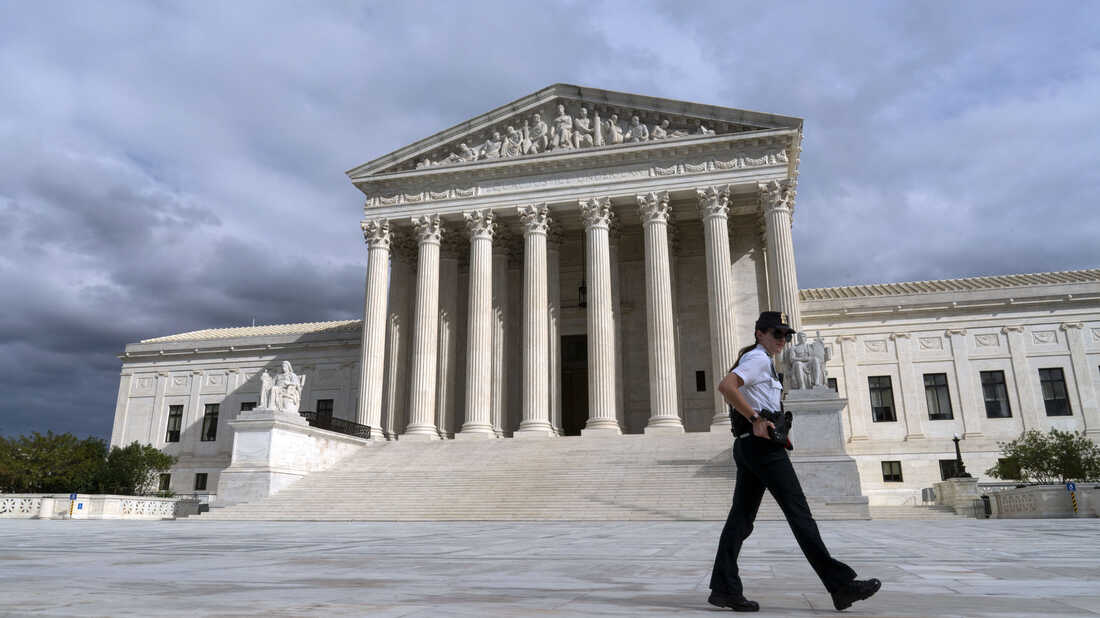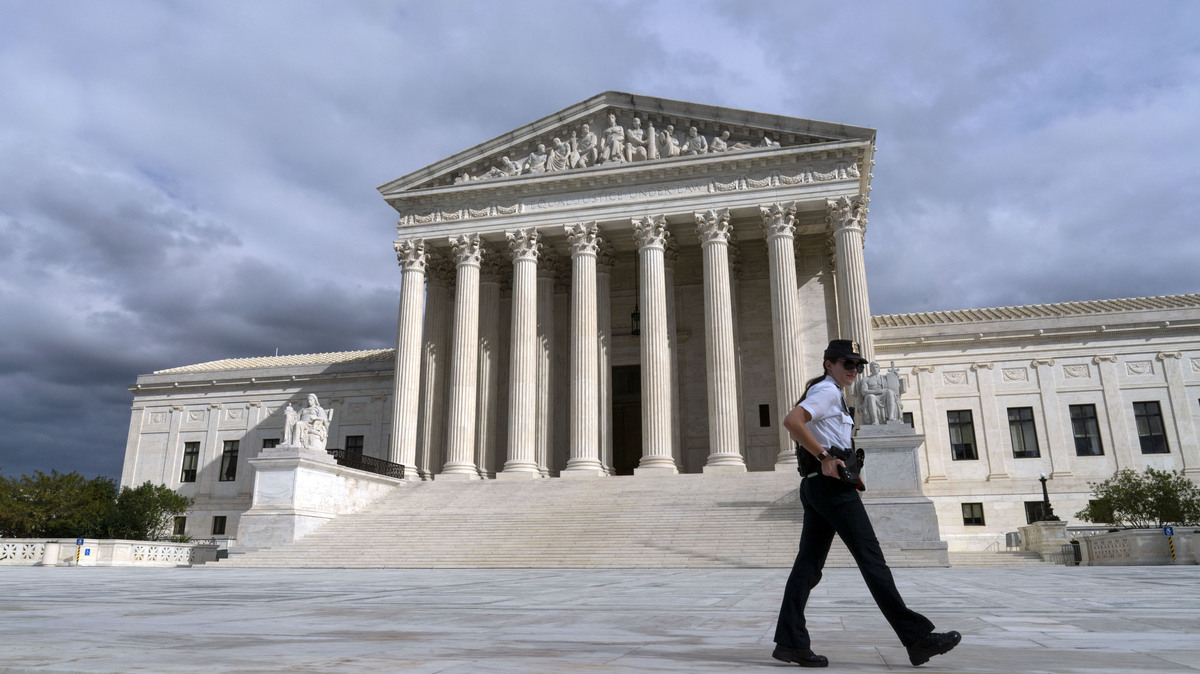
The Supreme Court heard arguments Monday on whether the federal government can sue Texas over its controversial law that bans most abortions. Jose Luis Magana/AP hide caption

The Supreme Court heard arguments Monday on whether the federal government can sue Texas over its controversial law that bans most abortions.
Jose Luis Magana/APAny ruling is months away, but this week's oral arguments provided some clues. NPR's Nina Totenberg watched them unfold. Hear more from Nina's coverage on the NPR Politics Podcast via Apple, Google, or Spotify.
Also in this episode: Dr. Ghazaleh Moayedi, an OB-GYN in Texas, who told NPR pregnant people in Texas have been travelling to Oklahoma for abortions.
Email us at
This episode was produced by Brent Baughman. It was edited by Krishnadev Calamur, Brianna Scott, Lee Hale, and Fatma Tanis. Our executive producer is Cara Tallo.

 Live Radio
Live Radio